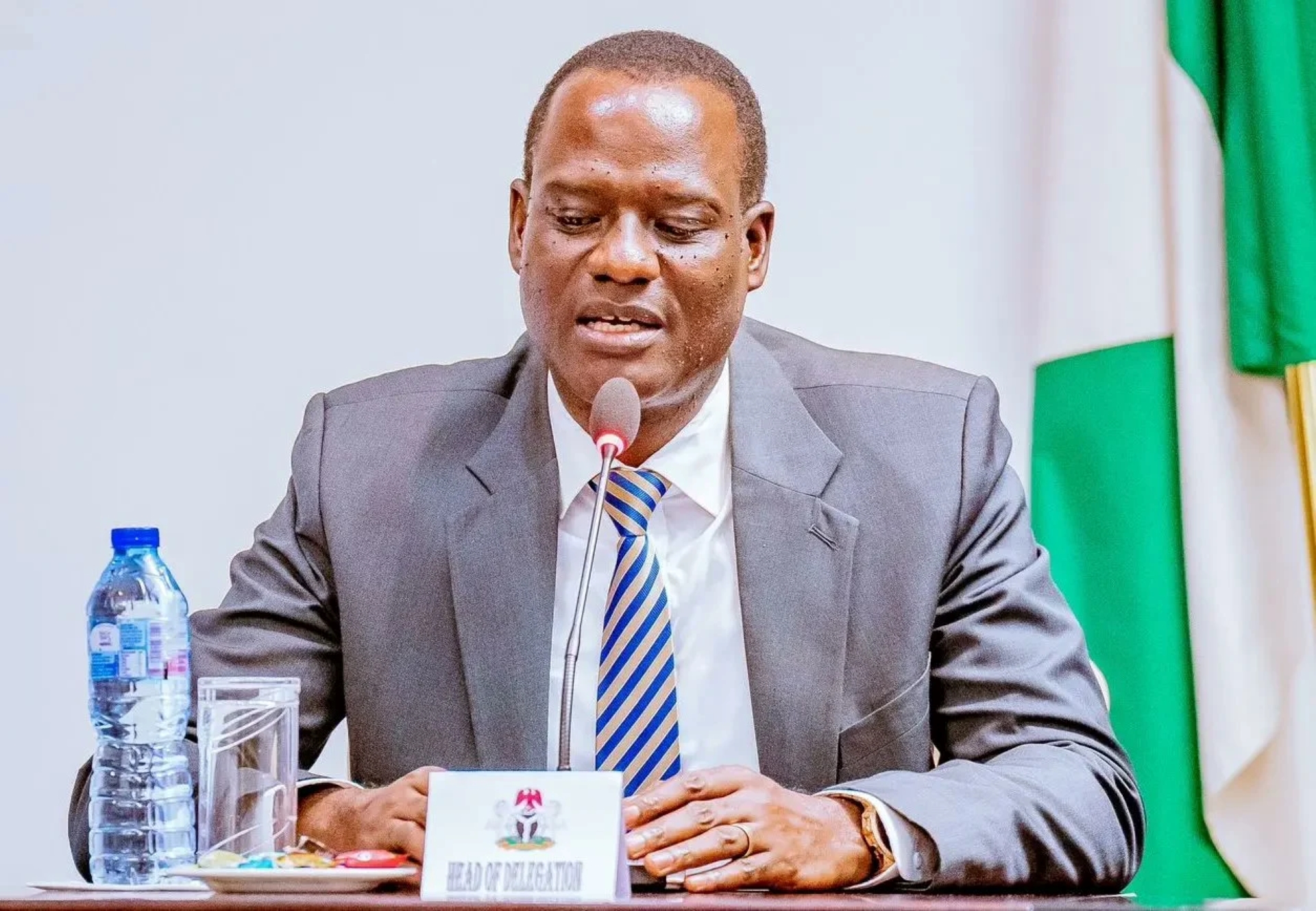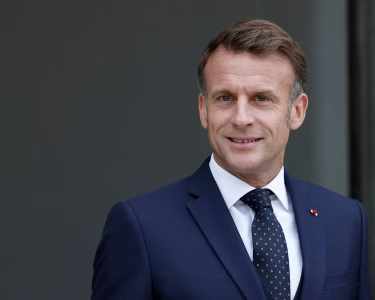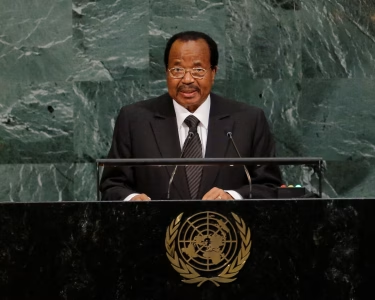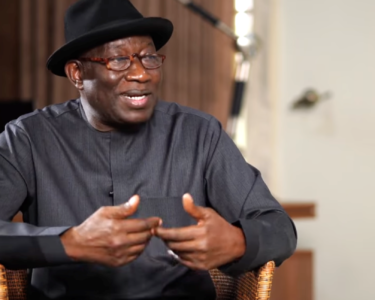The 36 state governors of Nigeria have requested the immediate withdrawal of the National Tax Reforms Bill from the National Assembly, citing the need for extensive consultations. This move challenges the efforts of the Presidential Fiscal Policy and Tax Reforms Committee, led by Taiwo Oyedele, to streamline tax processes across federal, state, and local levels. During Thursday’s National Economic Council (NEC) meeting, chaired by Vice President Kashim Shettima, the governors voiced their concerns about the reforms’ potential impact on the economy.
Oyo State Governor Seyi Makinde, speaking on behalf of NEC, emphasized the need to build consensus among Nigerians. Despite a detailed presentation from Oyedele outlining the reforms’ goal to achieve equitable taxation and fiscal stability, NEC recommended that President Bola Tinubu withdraw the bill to allow further dialogue. The proposed bill aims to consolidate multiple taxes, standardize revenue collection, and rename the Federal Inland Revenue Service to the Nigeria Revenue Service to reflect a more unified approach.
However, opposition has arisen, especially among northern governors. At a recent Northern Governors’ Forum, leaders from the region opposed a new derivation-based VAT distribution model included in the bill, arguing that it may adversely affect the region’s economy and lead to job losses. Gombe State Governor Muhammed Yahaya, representing the Forum, expressed concerns over the proposed VAT model, which would shift distribution based on where goods are consumed rather than where they are produced.
In response, the Presidency clarified that the reforms would not increase the tax burden but instead improve efficiency and equitable distribution. Special Adviser to the President on Information, Bayo Onanuga, assured that the changes are designed to harmonize tax laws without increasing tax rates. He emphasized that the reforms aim to simplify the tax framework to support job creation and economic growth across all states, not marginalize any region.
Both chambers of the National Assembly adjourned unexpectedly to November 19 following these developments, further delaying debate on the bill. Although the bill had initially been listed for reading, Senate and House members chose to defer it. The delay coincides with objections from governors and lawmakers, reflecting significant apprehension within both the executive and legislative branches regarding the timing and specifics of the tax overhaul.
Some governors have signaled intentions to reconvene to reassess the reforms, with northern governors potentially seeking further adjustments to the bill to reflect regional interests. The debate over Nigeria’s tax reform illustrates broader economic concerns and highlights the need for balance between federal fiscal objectives and the specific needs of state governments across the nation.







